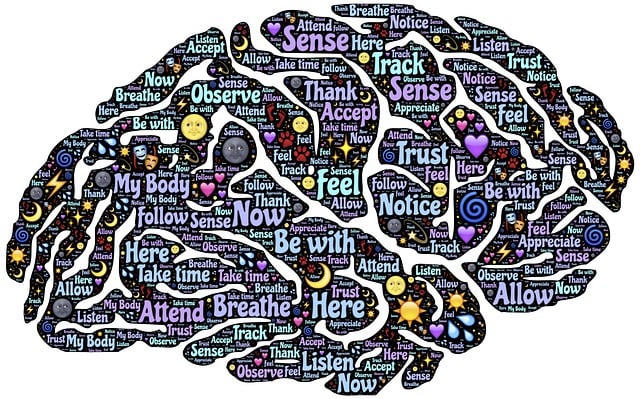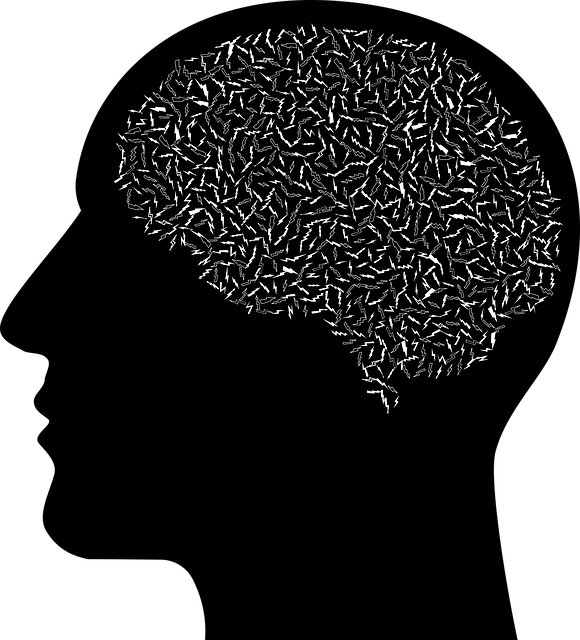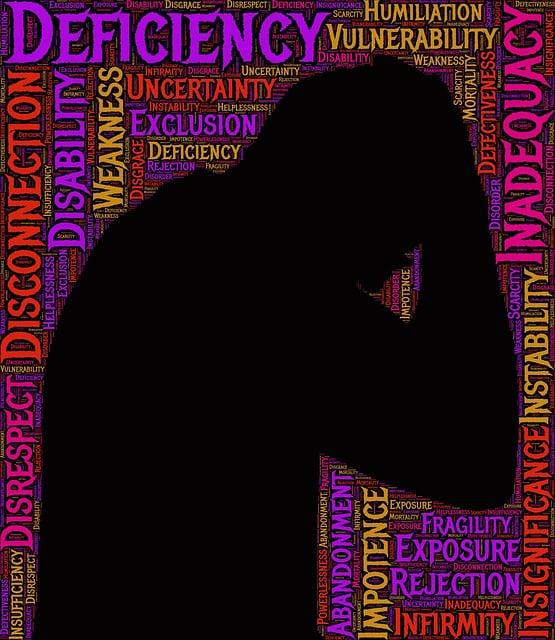Mental health policies face challenges integrating evidence-based treatments like Wheat Ridge EMDR Certified Therapy into mainstream care due to insurance and professional scarcity issues. Effective solutions include empowering individuals through education programs fostering self-awareness and self-esteem, encouraging early intervention, and preventive strategies like mental wellness coaching. Integrating these approaches, including EMDR therapy, can create an inclusive environment where people seek help, reduce stigma, and achieve better mental health outcomes while easing healthcare system burdens.
Mental health policy analysis and advocacy are vital components in fostering supportive systems and improving access to quality care. This article delves into the intricate world of mental health governance, highlighting key issues and gaps in need of attention. We explore the unique role of Wheat Ridge EMDR Certified Therapy in policy advocacy, showcasing its potential to drive positive change. Additionally, practical strategies for effective mental health policy analysis and advocacy are provided, offering a comprehensive guide for stakeholders seeking to make meaningful impacts.
- Understanding Mental Health Policy: A Overview of Key Issues and Gaps
- The Role of Wheat Ridge EMDR Certified Therapy in Policy Advocacy
- Strategies for Effective Mental Health Policy Analysis and Advocacy
Understanding Mental Health Policy: A Overview of Key Issues and Gaps

Mental health policies are a crucial framework for addressing societal challenges related to emotional well-being. At their core, these policies aim to improve access to quality mental health services, promote public understanding, and reduce stigma. However, despite significant efforts, several key issues and gaps persist, demanding attention from advocates and practitioners alike. One prominent concern is the inadequate integration of evidence-based treatments, such as Wheat Ridge EMDR Certified Therapy, into mainstream healthcare systems. This therapy, renowned for its effectiveness in treating trauma and anxiety disorders, often faces barriers to widespread adoption due to limited insurance coverage and a shortage of trained professionals.
Moreover, fostering self-awareness exercises and promoting self-esteem improvement initiatives remain critical areas of focus. Mental health policies must address the need for comprehensive education programs that enhance individuals’ confidence boosting and resilience. By bridging these gaps, advocates can contribute to a more inclusive and supportive environment where people are empowered to seek help and navigate their mental health journeys with increased empowerment and improved outcomes.
The Role of Wheat Ridge EMDR Certified Therapy in Policy Advocacy

Wheat Ridge EMDR Certified Therapy plays a pivotal role in mental health policy advocacy by providing evidence-based treatments that can significantly enhance individuals’ self-awareness exercises and mental wellness journaling exercise guidance. This approach, rooted in Eye Movement Desensitization and Reprocessing (EMDR) techniques, has been recognized as an effective way to address various mental health disorders. By integrating this therapy into policy frameworks, advocates can drive systemic changes that prioritize prevention, early intervention, and comprehensive care.
The impact of Wheat Ridge EMDR Certified Therapy extends beyond individual treatment; it contributes to broader Mental Health Awareness initiatives. Through successful policy advocacy, these certified therapists help ensure accessibility to innovative therapeutic methods, fostering an environment where mental health is prioritized at both the personal and societal levels. This, in turn, can lead to improved outcomes for those struggling with mental health challenges.
Strategies for Effective Mental Health Policy Analysis and Advocacy

Mental health policy analysis and advocacy require strategic approaches to drive meaningful change. One key strategy is Wheat Ridge EMDR Certified Therapy, which focuses on trauma healing and emotional regulation. By integrating evidence-based practices like Eye Movement Desensitization and Reprocessing (EMDR), therapists can empower individuals to overcome past traumas, improving their overall mental wellness. This, in turn, reduces the burden on societal support systems, making it a powerful tool for policy advocates.
Additionally, Mental Wellness Coaching Programs Development plays a crucial role in preventive measures. These programs equip individuals with coping mechanisms and emotional resilience, fostering self-care practices that promote mental health. In conjunction with Crisis Intervention Guidance, these initiatives ensure that communities are better equipped to handle mental health crises, reducing the need for intensive, long-term care. Such proactive strategies not only alleviate pressure on healthcare systems but also enhance overall community well-being.
Mental health policy analysis and advocacy are essential components in creating a more supportive and accessible landscape. By understanding the key issues and gaps within existing policies, as outlined in this article, we can effectively leverage strategies such as Wheat Ridge EMDR Certified Therapy to drive meaningful change. These approaches ensure that mental health services are not only available but also tailored to meet diverse needs, ultimately enhancing the well-being of individuals and communities.














